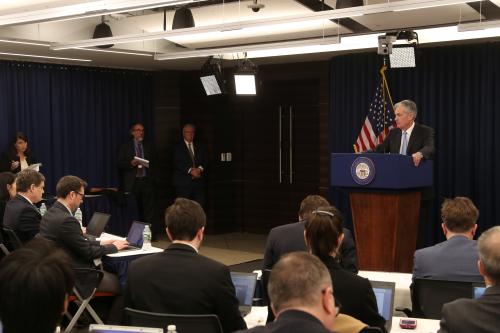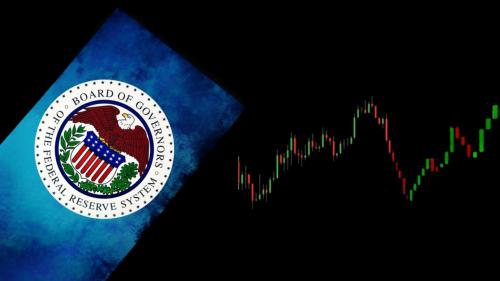The current financial regulatory landscape is littered with a veritable New Deal-like lexicon of regulatory agencies, which is ironic given that their collective failure has landed us in the worst financial crisis since the Great Depression.
From OTS and OCC, to FDIC and SEC, our regulatory landscape is fragmented among institutions overseeing their own bits and pieces of our financial system. In some instances, they overlap their authority; in others, they leaving gaping holes. Ultimately, this balkanized alphabet soup of regulators has spelled disaster.
Perhaps the most difficult regulator to assess in the current crisis is the Federal Reserve. The Fed did nothing at all for 14 years to prevent the deterioration of mortgage lending practices, even though Congress had given it the authority to do so in 1994 under the Home Ownership and Equity Protection Act. Several of the bank holding companies under Fed supervision faced severe problems in the crisis, but its micro-prudential regulation was ineffective. And while the Fed has repeatedly claimed that systemic risk management was its responsibility, it failed to anticipate— or even prepare for — the crisis in any meaningful way.
However, the Fed, more than any other institution, took actions during the past 18 months that prevented the financial system from falling off a cliff during the worst days of the crisis. Taxpayers are understandably angry because of the funds that have been spent or put at risk in order to preserve the financial sector, but the alternative of a more serious collapse would have been much worse. The historical experience of financial crises in the United States and around the world is that a banking collapse causes terrible hardship to the economy — even worse than the current recession.
But now that the storm has passed, it’s time to refocus on these regulatory failures in an effort to prevent the occurrence of another financial crisis of similar magnitude and duration. Ultimately, the goals of any reform process should be to formulate a regulatory system that is more accountable, employs greater expertise and closes gaps in regulatory coverage, all while maintaining the flexibility necessary to keep pace with industry growth and innovation.
Fed Chairman Ben Bernanke has testified that he would like to retain this micro-prudential authority for the systemically important institutions. However, the record of the Fed as a regulator of bank holding companies is not very good. In the past, bank regulation at the Fed has existed as something of a poor relation compared with the creation of monetary policy.
The Fed’s institutional focus is rightly on monetary policy, and it’s important to both the overall economy and the markets to continue to maintain the Fed’s independence as it makes that policy. Experience in the United States and around the world supports the view that an independent central bank results in better macroeconomic performance and restrains inflationary expectations. An independent Fed setting monetary policy is essential.
That’s why the Fed should not take over micro-prudential responsibility — it would ultimately serve only as a distraction. Instead, the Fed is in a unique position to take on the macro side of prudential regulation: that of the systemic risk regulator, a responsibility that would well suit its purview of the overall stability and performance of the macro economy.



Commentary
Op-edFed Should Focus on Macro, not Micro
October 19, 2009